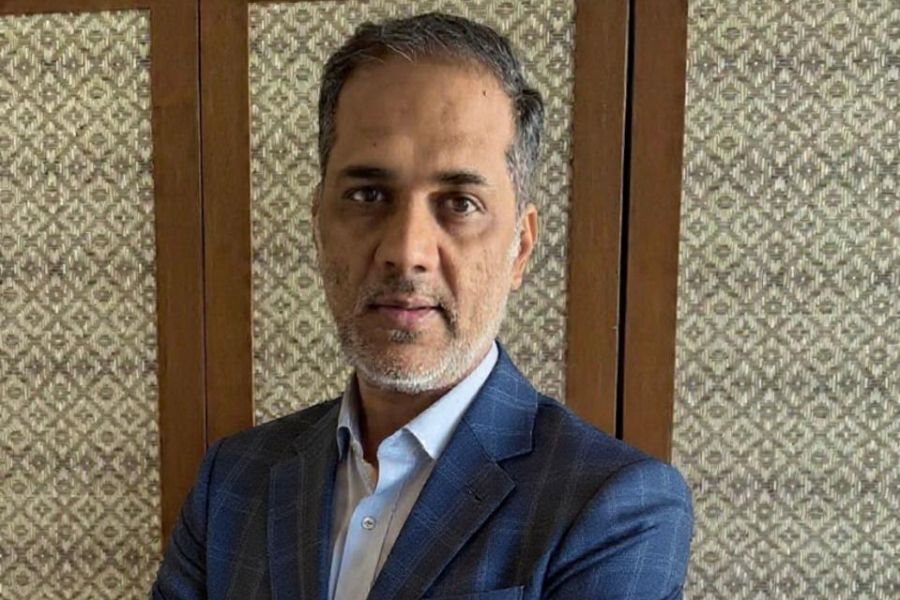Cision, a consumer and media intelligence services provider, has launched its CisionOne platform in the Asia-Pacific (APAC) region, marking its first full-service media monitoring venture in this market. The platform aims to equip corporate and government communication teams with robust tools to track and respond to media trends.
Cision had launched CisionOne in the US last October, which came after a successful initial rollout in the UK in July 2023. The company had announced its plans to expand into more global markets in 2024 at that time.
CisionOne represents a significant investment by the company in the APAC region, aiming to give its users a competitive advantage with comprehensive media intelligence. This includes exclusive access to a mix of local and global content from trusted sources, such as The Straits Times, South China Morning Post, and Lianhe Zaobao, alongside international coverage from the U.S., Canada, the UK, and EMEIA.
By providing real-time monitoring across various channels, including print, online, TV, radio, social media, podcasts, and magazines, CisionOne enables users to stay updated on market dynamics and respond proactively. The platform also offers analytics, reporting capabilities, and a built-in journalist outreach tool to streamline communication efforts.
"CisionOne is a game-changing alternative to traditional tools, delivering a full-service media monitoring solution designed for the APAC region," said Elgar Welch, president of CisionOne. The platform is now accessible through Cision's offices in Singapore, Hong Kong, Beijing, and Kuala Lumpur, with dedicated representatives across the region to support users.
The launch of CisionOne coincides with broader industry efforts to tackle misinformation and enhance media literacy. In 2022, Cision acquired Factmata Limited, an AI-driven media monitoring and analytics company that helps track online narratives. This acquisition underscores the company’s commitment to equipping businesses with tools to manage their brand reputation in an era increasingly plagued by misinformation.
In response to the growing concerns over disinformation, global policymakers and authorities are actively promoting fact-checking and transparency, utilising AI to detect false narratives. The European Union's AI Act, for instance, mandates disclosure requirements for creators of deepfakes to help the public identify AI-generated content.
The emphasis on combating misinformation aligns with efforts to counter societal polarisation, as highlighted by recent research from IIM Kozhikode. The study, which drew on data from the Digital Society Project of the V-Dem Institute, analysed the impact of disinformation on polarising societies across 177 countries. The findings underline the potential role of media monitoring in addressing disinformation and its divisive effects.
Platforms like CisionOne provide a proactive solution, enabling businesses and public entities to navigate the complexities of modern communication. This is crucial as the world approaches pivotal moments such as the 2024 elections, where the role of comprehensive media monitoring in safeguarding democratic values and informed public discourse becomes increasingly significant.




